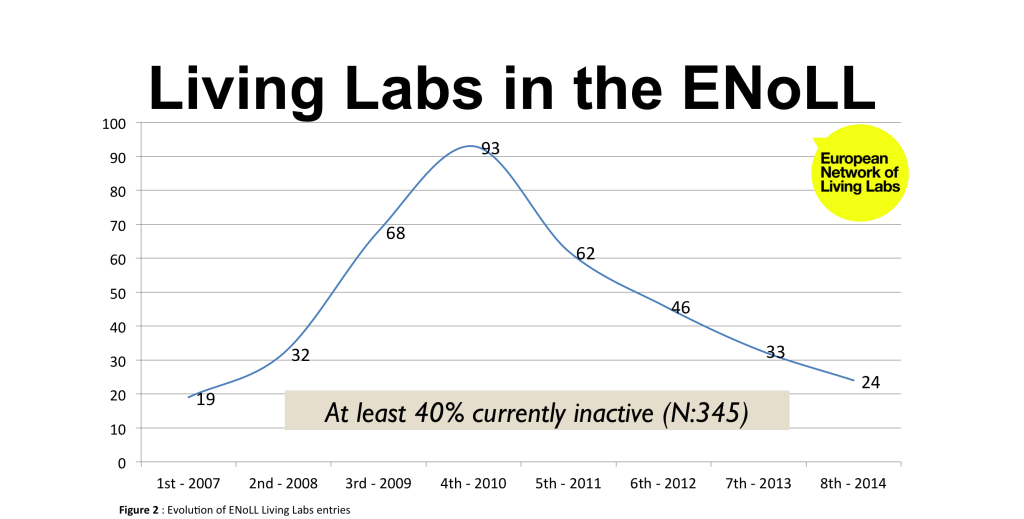The need to become more competitive, or as expressed in other words “to grow”, has become an omnipresent topic in our society. Now, it is not only a topic of discussion in both the media and the public speeches but also a recurrent theme of debate in our companies, our professional life and even in our personal life. Spain is a country with 26% unemployment, with poor scores year after year on the Pisa assessment and who´s universities rank extremely low in world rankings. It could be said that the country has a major problem of compatibility.
It could be thought that in front of such dramatic panorama, the government would propose several new policies with the aim to flip the situation. However, it is clear that this is not the case, as a change has not been achieved. Even that it must be mentioned, that the desire to create change, nor the effort to diagnose and interpret the current problems, cannot be neglected from the existing implemented policies.
A few weeks ago, Risto Mejide (a well known publicist and public figure), interviewed Pablo Iglesias, the leader of Podemos –a raising left wing party in Spain-. The second one mentioned his proposal to create a minimum basic rent for everyone in Spain. At a point were both the viability and the details of the proposal are still unclear, what surprises isn’t the proposal itself –which clearly is not a new policy- but the interpretation of the consequences that implementing such policy could have.
Risto Mejide, highlighted two main issues in regards to the proposal. First, he remarked that it would be an extremely challenging policy to implement in times of crisis because the economic burden that it carries with it. Second, he mentioned that it would create an indolent publicly paid class. Arguments to which Pablo Iglesias curiously did not respond with social terms but with compatibility terms as he arguments that if workers enjoy a minimum basic rent they will not be force to accept the first job that comes across because their basic necessities will be cover. And consequently, companies will have to re-invent their business model to compete in more aspects than price.
From this simple proposal, two interpretations can be drawn upon the effects that it could have to Spanish society. But, can we know which one is true? Are Spaniards going to become indolent citizens living out of public money? Will this policy further reduce the national entrepreneurship spirit? Or vice versa, having a minimum salary guaranteed for everyone will allow Spain to become some sort of Silicon Valley as the number tech startups grows because the workers have the capacity to accept only those jobs that offer them a just compensation?


